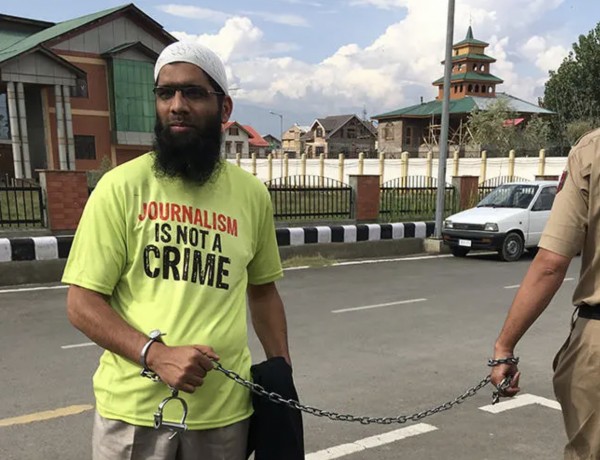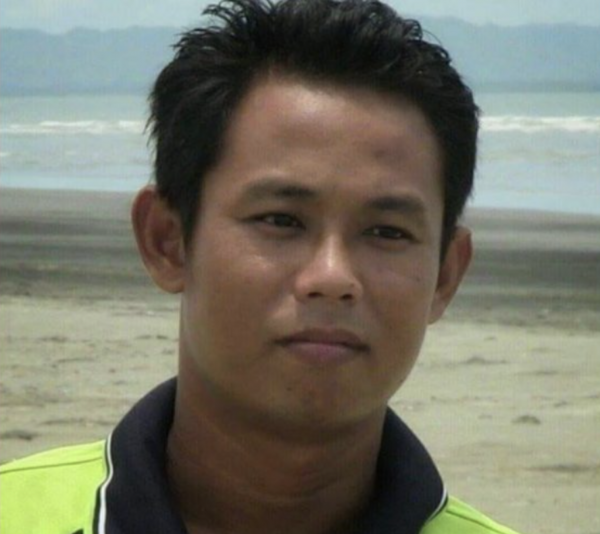A large part of the media sector in Pakistan is facing serious threats as the government has shown increasing intolerance to critical journalism and as radical political actors regularly attack media outlets and journalists. The armed forces have also played a key role in stifling press freedom in the country. Cases of abduction, physical attacks, and torture of journalists have become commonplace. Also disturbing is the nationwide intimidation of newspaper distributors, apparently intended to disrupt the circulation of newspapers like Dawn, Jang, and The News. The Pakistan Electronic Media Regulatory Authority (PEMRA) has adopted similar tactics to limit independent news coverage by cable operators news channels such as GEO TV and Dawn News are being regularly blocked from reaching audiences.
The current clampdown comes in the midst of a profound economic crisis that has hit the media in Pakistan since 2018. With a growing number of news organizations competing on the market and a shrinking advertising sector, the news media are increasingly dependent on government advertisements to support their operations, an unhealthy situation that can lead to self-censorship. While the news media have been slow in their much-needed digital transformation, editors and journalists agree that “a big part of what’s killing independent media is censorship with a vengeance”, as Dawn wrote in July this year.
The newspaper summarized the complex challenges facing the news media with these words: “Steadily growing manipulation of the media by a coarsening regulatory regime, driven by political compulsions of the deep state, is robbing the media of its integrity and, hence, audiences and influence. A tottering economy is the bitter icing on this crumbling cake. The valour and vivaciousness that characterized the media’s ability to influence independent news’ agendas is gone and its voice is stuttering.”
While the crisis hitting the news industry has led to a stronger presence of news players online and the emergence of digital native news outlets, in June this year, in an effort to control that space, the government proposed a new ordinance that would converge the various media regulatory bodies currently regulating print and broadcast media and expand their competence to digital media. The move received strong criticism from media and civil society organizations in Pakistan and abroad, especially as the proposed Pakistan Media Development Authority (PMDA) would be headed by a government official and would have the authority to shut down media organizations. Furthermore, the ordinance also provides for the establishment of media tribunals with the power to impose punishments of up to three years’ imprisonment and a financial penalty on content producers for violating provisions in the ordinance.
In an open letter to Prime Minister Imran Khan, IPI expressed grave concerns over the proposed ordinance, in particular the lack of independence of the regulatory body. “While your government’s decision to appoint a committee to discuss the Ordinance with stakeholders is a positive move, we believe that the Ordinance itself should be withdrawn immediately, as there are sufficient mechanisms and processes available in the country to regulate the media and the PDMA will have a negative impact on the freedom of a vibrant and responsible media in Pakistan”, IPI said in the letter.
Pakistan’s efforts to rein in the online media were also evident in the new social media rules announced by the government in October this year. Similarly to the IT Rules passed by the Indian government earlier this year, Pakistan’s “Removal and Blocking of Unlawful Online Content (Procedure, Oversight and Safeguards) Rules, 2021” require social media platforms to establish local offices in Pakistan, register with the Pakistan Telecommunication Authority (PTA) and so be subject to the laws of the country.
The new social media rules have been criticized as a “threat of censorship, internet surveillance and morality policing”, as they ban online dissemination of “immoral and obscene content” as well as content that goes “against Pakistan’s cultural and moral trends”.
Meanwhile, in a positive development, on May 28, the state assembly in Sindh province passed the “Sindh Protection of Journalists and Other Media Practitioners Bill 2021”. The new law requires the provincial government to protect the right to safety and security of every journalist, which is provided under Article 9 of Pakistan’s constitution. The bill also provides for the setting up of a “Commission for Protection of Journalists and Other Media Workers” to proactively protect journalists. The provincial governor initially returned the bill to the assembly without approving it. However, the assembly passed it once again and now it does not require the consent of the governor. While this is an important move in a country where attacks against journalists have been very common, the success of the bill will be measured on the basis of its effective implementation. Civil society organizations, including the Pakistan Press Foundation (PPF), which led the campaign for the bill, are working with the provincial government to draft the rules and regulations for its implementation.
According to the IPI Death Watch, 36 journalists were killed in Pakistan in the past 10 years. The perpetrators remain unknown in over 90 percent of the cases, as investigations have not resulted in any judicial process. In an effort to send a clear signal that attacks against journalists are not tolerated, in 2015 a broad group of editors and news directors representing a large number of newspapers, TV channels and online news portals came together under the chairmanship of IPI Board Member Zaffar Abbas, editor of Dawn, to give visibility to episodes of violence and threats of violence against journalists and ensure that their audiences are aware of the risk journalists face in the country. The Editors for Safety this year worked together with PPF to launch the Pakistan Journalists Memorial, a website offering information about numerous cases of journalists attacked and murdered as a consequence of their job and providing evidence about the impunity with which perpetrators of such violence operate.
A Dawn editorial on the International Day to End Impunity (IDEI) noted that the government has not only failed to take any step to stop the attacks against journalists, but with its constant public criticism of journalists, questioning their motives or patriotism, and accusing them of being traitors, the government actually also legitimizes these attacks. “By failing to act, at times failing to even acknowledge that these disappearances and attacks occur, the government is receding into an echo chamber where criticism is seen as a crime.”



